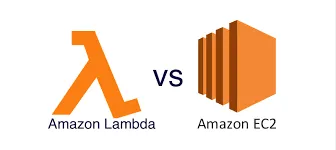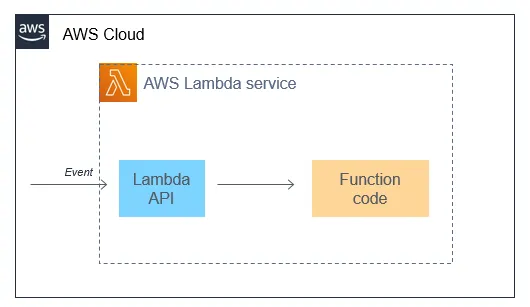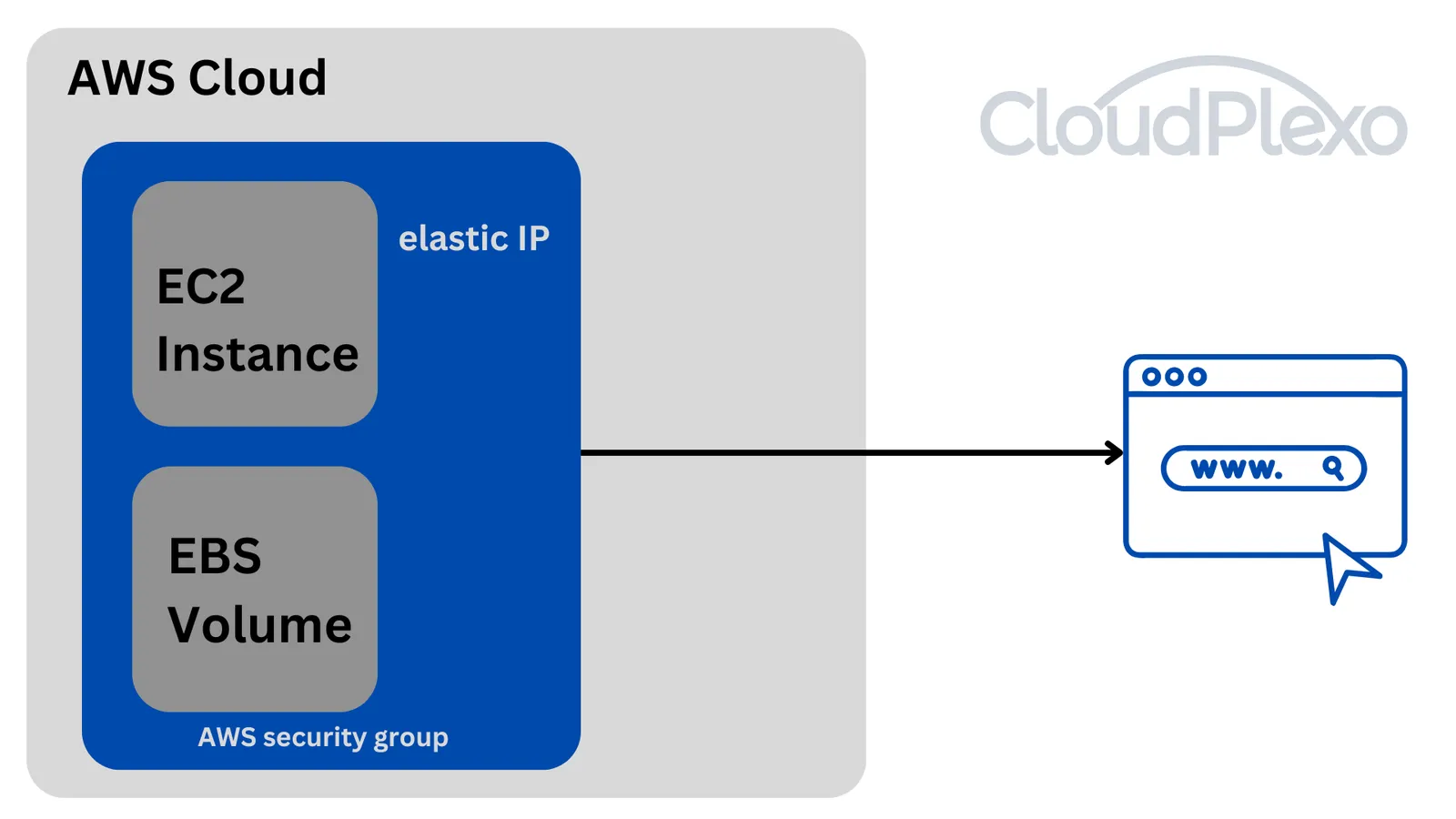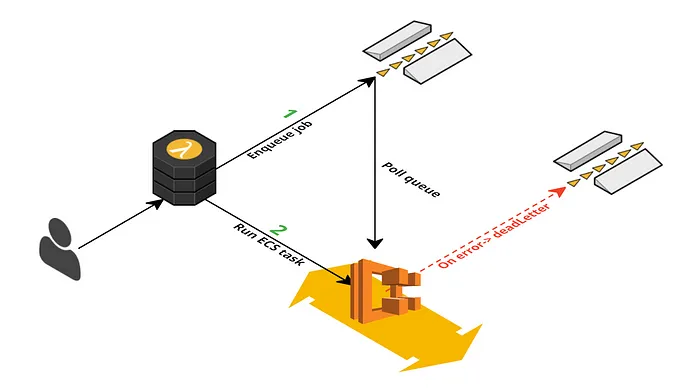Serverless or Server: AWS Lambda vs Amazon EC2 for Cloud Computing

Introduction
As organizations move toward cloud computing, they are faced with a critical decision: whether to opt for serverless computing with AWS Lambda or traditional server-based computing with Amazon Elastic Compute Cloud (EC2). This choice has profound implications for application architecture, scalability, cost optimization, and operational overhead. In this article, we'll take a look at the key differences between these two compute services and provide guidance on when to use each approach.
AWS Lambda: The Serverless Way
AWS Lambda is a fully managed serverless computing service that executes your code in response to events or HTTP requests, automatically scaling the underlying compute resources as needed. By eliminating the need to provision and manage servers, Lambda allows developers to focus on writing code, rather than worrying about infrastructure management.

Key Benefits of AWS Lambda:
- Event-Driven Architecture: Lambda functions can be seamlessly integrated with various AWS services, acting as event handlers for scenarios such as data processing, real-time file conversions, and web APIs.
- Automatic Scaling: Lambda automatically scales your code's execution concurrency, ensuring your application can handle bursts of traffic without manual intervention.
- Pay-per-Use Pricing: With Lambda, you only pay for the compute time your code consumes, measured in milliseconds. This can lead to significant cost savings compared to running always-on servers.
- Reduced Operational Overhead: AWS manages the underlying compute infrastructure, patching, scaling, and high availability for Lambda functions, reducing operational overhead for developers.
Considerations for AWS Lambda
- Execution Time Limits: Lambda functions have a maximum execution time of 15 minutes, making them unsuitable for long-running workloads or tasks that require indefinite execution.
- Stateless Architecture: Lambda functions are designed to be stateless, meaning they cannot maintain state between invocations. If your application requires persistent storage, you'll need to integrate with other AWS services like Amazon S3 or Amazon DynamoDB.
- Deployment Packages: Lambda functions are deployed as deployment packages, which can limit the size and complexity of your code and dependencies.
Amazon EC2: The Server-Based Approach
Amazon Elastic Compute Cloud (EC2) provides resizable compute capacity in the cloud, allowing you to launch and manage virtual servers (instances). EC2 instances offer a traditional server environment, providing complete control over the operating system, software installations, and persistent storage.

Key Benefits of Amazon EC2
- Long-Running Workloads: EC2 instances are well-suited for applications that require continuous operation or have long-running processes that exceed Lambda's time limits.
- High-Performance Computing: For workloads that demand high CPU, memory, or network performance, such as video encoding or scientific simulations, EC2 instances can provide the necessary compute resources.
- Persistent Storage: EC2 instances can attach Elastic Block Store (EBS) volumes for persistent data storage, enabling applications to maintain state and data between invocations.
- Custom Software Installations: With EC2 instances, you have complete control over the operating system and can install custom software, libraries, or frameworks not supported by Lambda.
Considerations for Amazon EC2
- Infrastructure Management: Unlike Lambda, you are responsible for managing the EC2 instances, including patching, scaling, and ensuring high availability.
- Cost Optimization: EC2 instances incur hourly or per-second charges, even when idle, which can lead to higher costs compared to the pay-per-use model of Lambda for certain workloads.
- Scalability Challenges: While EC2 instances can be scaled manually or using Auto Scaling groups, achieving seamless and rapid scaling can be more complex compared to the automatic scaling capabilities of Lambda.
Choosing the Right Compute Service
The decision between AWS Lambda and EC2 ultimately depends on your application's architecture, workload characteristics, performance requirements, and operational needs. In many cases, a hybrid approach that combines both serverless and server-based computing can provide the optimal solution.

For event-driven workloads, short-lived tasks, and applications that can benefit from automatic scaling and reduced operational overhead, AWS Lambda is often the preferred choice. On the other hand, applications that require long-running processes, high-performance computing, persistent storage, or custom software installations may be better suited for Amazon EC2.